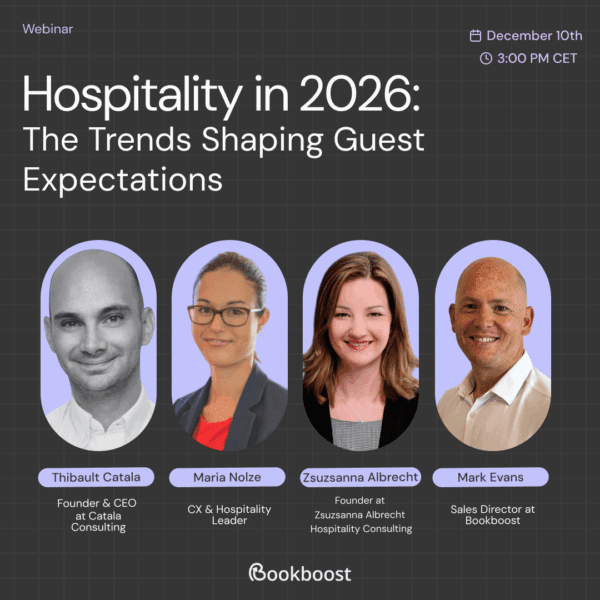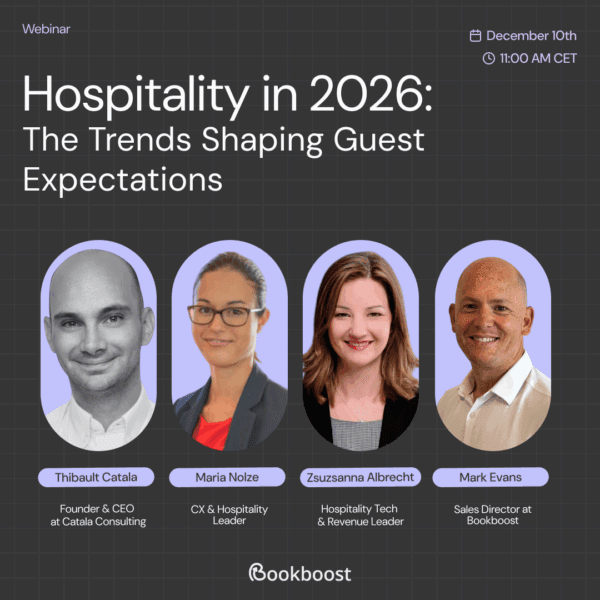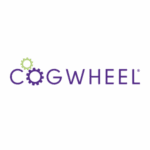 With vaccinations on the rise and summer just weeks away, travellers have started planning for the holiday season, traditionally a time where many travel to reconnect with friends and relatives. And while trip planning still comes with some degree of uncertainty due to the ever-changing COVID-19 situation, people are determined to travel this holiday season.
With vaccinations on the rise and summer just weeks away, travellers have started planning for the holiday season, traditionally a time where many travel to reconnect with friends and relatives. And while trip planning still comes with some degree of uncertainty due to the ever-changing COVID-19 situation, people are determined to travel this holiday season.
Expedia Group data shows an increase of nearly 110% in searches for trips within Australia for the end of this year. [1] As suppliers prepare for the upcoming holiday season, it is important they emphasise a traveller centric approach by understanding evolving traveller expectations and providing more security, inclusive offerings, and flexibility.
This change in traveller behaviour is an opportunity for suppliers to be more efficient and invest their resources wisely in order to develop true differentiation. As the needs of travellers evolve, suppliers will need to adapt their own strategies to deliver on these new traveller expectations.
Research from Expedia Group’s Traveller Value Index[2] conducted in May shows that when booking trips in the next year, more than half of travellers (53%) want to trust that the provider will deliver on their promises. To build traveller trust, suppliers are advised to ensure they can deliver on the specific amenities, features, or policies included in their listing while providing a range of options and prices, so travellers can ease their anxieties and focus on their upcoming vacation.
Among these new traveller booking behaviors, our research shows that their priorities have shifted:
- One-in-four travellers (25%) now value full refunds above all other considerations when booking their travel plans, a huge shift from the conventional wisdom that price drives consumer behavior.
- Nearly two-thirds of travellers (65%) are more likely to book with travel providers that identify their practices as inclusive. This includes properties that are owned by women, welcoming to the LGBTQIA+ community, or supportive of people with disabilities.
- Nearly three in five travellers (59%) are willing to increase their spending to make the trip more sustainable.
Suppliers should also offer their own flexible options, grounded in exactly what people want as they resume travelling. For example, to ensure booking flexibility, nearly 70% of lodging rate plans on Expedia Group sites are now refundable. Expedia Group also introduced a “No Credit Card Booking” function that allows travellers to book their last-minute trip without having to type credit card details. This initiative helps hoteliers improve their flexibility and unlock new opportunities they would otherwise miss.
As we enter a new era of travel with evolving customer expectations, suppliers are best to identify opportunities for efficiency, especially when challenged with fewer resources and staffing. Expedia Group’s Partner Central, our free suite of lodging partner tools, makes it easy for our partners to find information and quickly complete tasks such as managing their online reputation through Guest Review Insights, our sentimental analysis tool helping them differentiate their reviews and address areas in need of improvement.
Additionally, our conversation platform simplified and enhanced the Help function via our virtual agent, which provides 24/7 support to our partners, using advanced technology to answer questions, flag additional resources, and quickly accomplish tasks – such as reviewing cancellation policies for a specific booking, editing cancellation policies, and finding Expedia Virtual Cards for payments and vouchers.
The worldwide pause in travel has made us realise how important it is to connect to each other, connect with our communities and connect with other cultures. As confidence grows and people continue travelling, an excellent experience paired with superior customer service will be the key to gaining a competitive advantage and making the most of the holiday season.
[1] Expedia Group data, searches taking place in the month of September for trips in October, November, and December 2021
[2] The Traveler Value Index surveyed 8,000 global respondents and was conducted in partnership with Wakefield Research


















